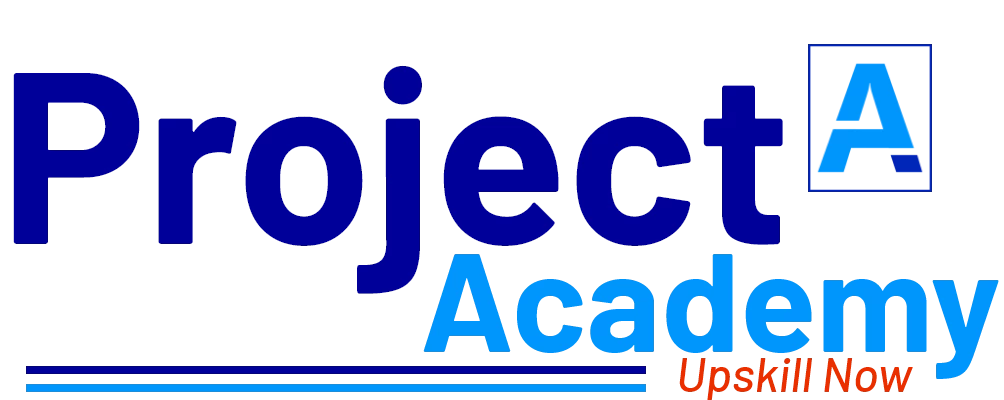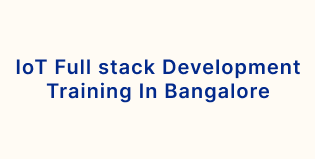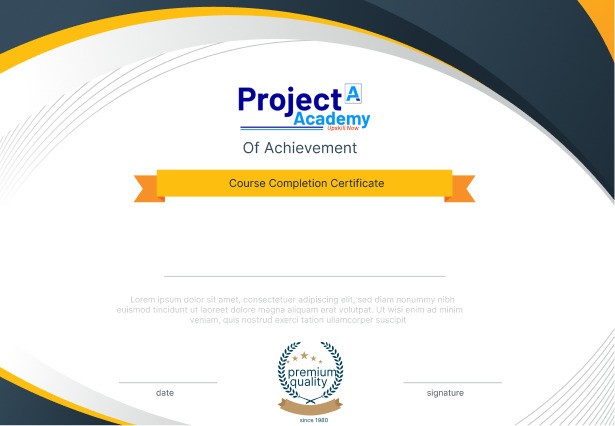IOT-Full Stack Development course training in Bangalore
Empower Your Career with Cutting-Edge IoT Skills -“From Sensors to Cloud – Enroll in Our Full Stack Developer Course Today!
Gain expertise in end-to-end IoT development, from sensor integration to web application deployment. Our comprehensive curriculum covers hardware, software, and cloud technologies, ensuring you’re equipped for the future of connected systems. Join us and unlock the potential of the Internet of Things.



